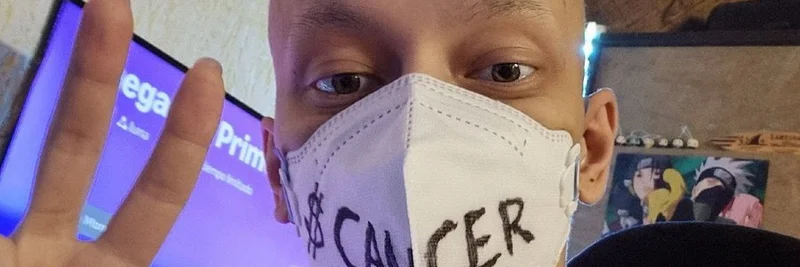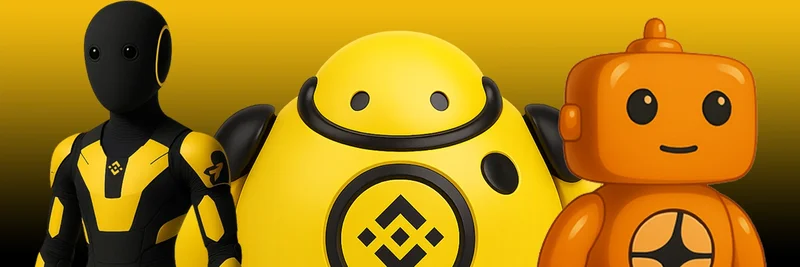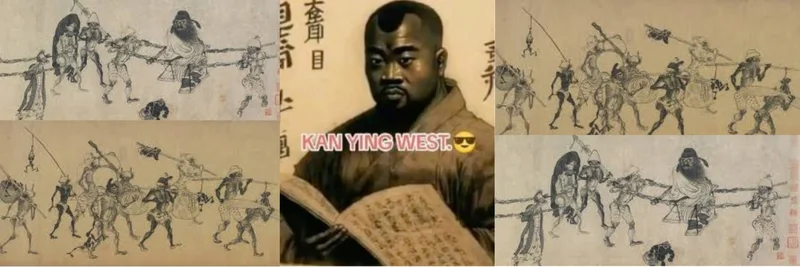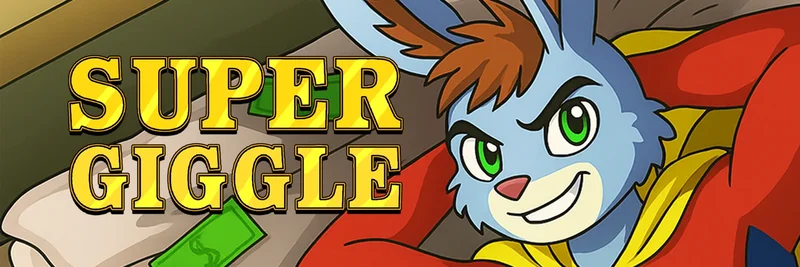In the wild world of meme tokens, stories of overnight riches and heartbreaking losses are all too common. But few hit as hard as the recent saga involving the $CANCER token on Solana. A streamer battling stage 4 sarcoma launched this token to raise funds for his treatment, only to have his wallet drained live on stream by sneaky malware. Let's break down what happened, step by step, and what it means for anyone dipping their toes into crypto.
The Setup: A Meme Token for a Noble Cause
RastalandTV, a dedicated streamer, was facing a tough fight against cancer. He needed $80,000 for treatment and turned to the crypto community for help. Using Pump.fun, a popular platform on Solana that makes it easy to create and launch meme tokens, he introduced $CANCER. The idea was straightforward: community members buy the token, driving up its value, and the proceeds go toward his medical bills. Everything was above board—transparent updates, live streams, and genuine support from fans.
The token gained traction quickly, with the community rallying around the cause. It was a perfect example of how meme tokens can blend humor, virality, and real-world impact.
The Turning Point: A Fatal Download During Livestream
On September 21, 2025, during one of his livestreams, a viewer suggested a free Steam game called BlockBlasters. Trusting the recommendation, RastalandTV downloaded and installed it right there on stream. What seemed like harmless fun turned into a nightmare within minutes. His crypto wallets—holding about $32,000 in donations—were completely drained.
The video of the moment is chilling: the streamer realizes something's wrong as his funds vanish in real time. (Note: We won't embed the video here out of respect, but it's part of the original thread.)
How the Malware Worked
This wasn't a random hack. The malware embedded in BlockBlasters was sophisticated, specifically targeting crypto users. It scanned for popular Solana wallet extensions like Phantom and Solflare, stole private keys, and automatically transferred funds to the attacker's addresses. For those new to crypto, private keys are like the master password to your wallet—if someone gets them, they own your assets.
The scammers didn't stop at one game. They had a whole network: PirateFi, Chemia, Sniper: Phantom’s Resolution, and more. Each was disguised as a legit free-to-play title on Steam, luring in gamers who also dabbled in crypto. Over 260 victims lost more than $150,000 in total.
Who’s Behind It?
Investigations pointed to an Argentine influencer based in Miami, dealing with visa issues. He used aliases, fake accounts, and multiple servers to hide his tracks. Photos from his social media show a lavish lifestyle—partying with champagne and designer clothes—likely funded by these scams.
While his infrastructure has been dismantled and he's been reported to immigration authorities, he remains at large. This highlights a bigger issue in crypto: scams are global, and enforcement is tricky.
The Community's Response: Heartwarming Recovery
The crypto world didn't let this slide. Influencers like Alex Becker and Easy stepped up, donating to cover the losses. Becker alone sent $32,500 to a new secure wallet. Thanks to this outpouring, RastalandTV recovered fully and can continue his treatment.
It's a reminder that amid the rugs and pumps, the community can come together for good.
Lessons Learned: Staying Safe in Meme Token Land
This incident underscores the risks in the meme token space, especially on fast-moving chains like Solana. Here are some quick tips to protect yourself:
- Verify Downloads: Never install software from untrusted sources, especially during live sessions where scammers might be watching.
- Use Cold Wallets: Store large amounts in hardware wallets (like Ledger or Trezor) that aren't connected to the internet.
- Double-Check Links: Always scrutinize URLs and recommendations—phishing is rampant.
- Antivirus is Key: Tools like Bitdefender can catch malware before it strikes, as shown in reports from other potential victims.
Meme tokens like $CANCER show the potential for positive change, but scams like this are a stark warning. If you're exploring Solana projects, stick to vetted platforms and communities.
For the full thread that broke this story, check it out here. And remember, in crypto, vigilance is your best defense.




